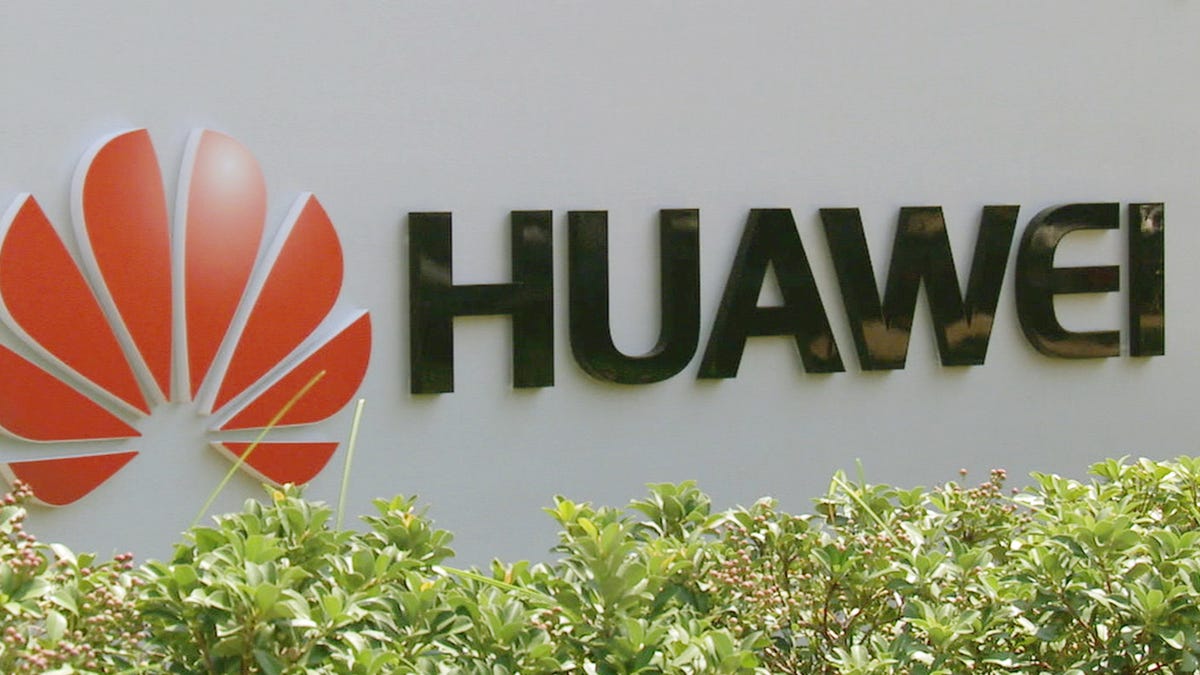U.S. approval of Sprint-Softbank deal may hinge on China
The government may require oversight of network equipment purchases as a condition for the merger's approval, a move geared toward keeping Huawei and ZTE gear from U.S. telecom infrastructure, sources tell The Wall Street Journal.

As a condition for approving Softbank's $20 billion acquisition of Sprint Nextel, the U.S. government is seeking oversight of network equipment purchases to prevent gear from Chinese suppliers Huawei Technologies and ZTE from becoming part of the U.S. infrastructure, according to the Wall Street Journal.
The two companies have already attracted the criticism of the U.S. House Intelligence Committee, which released a report last October that accused Chinese telecommunications gear makers of being threats to U.S. security and that discouraged U.S. companies from buying their equipment. In January, the U.S. Department of Justice asked the Federal Communications Commission to defer Softbank's deal for Sprint, citing a review of national security concerns.
While reviews and negotiations continue, the U.S. government is expected to require advance notification of equipment purchases for the struggling carrier's network core and to cooperate on national security concerns that arise, people familiar with the negotiations told the Journal. However, to avoid violating trade rules, it's unlikely the conditions would specifically exclude gear from ZTE or Huawei, the later of which Softbank has used in Japan.
The goal of the oversight is to prevent the gear makers' equipment from becoming a core part of U.S. telecom infrastructure, sources told the Journal. While both Huawei and ZTE deny posing a threat to U.S. national security, the House Intelligence Committee said that neither company addressed concerns raised repeatedly by lawmakers over their ability to snoop on American companies.
"You have to find a way to say, 'Don't buy from the Chinese,' without saying, 'Don't buy from the Chinese,'" said one source familiar with the matter.
CNET has contacted Sprint and Softbank for comment and will update this report when we learn more.
Softbank's deal, which was announced last October, is expected to give Sprint more muscle to compete with the major players in the wireless industry. The increased size achieved by the combined operations of the two carriers could lead to a better selection of phones, more competitive price plans, and ultimately, better service.

